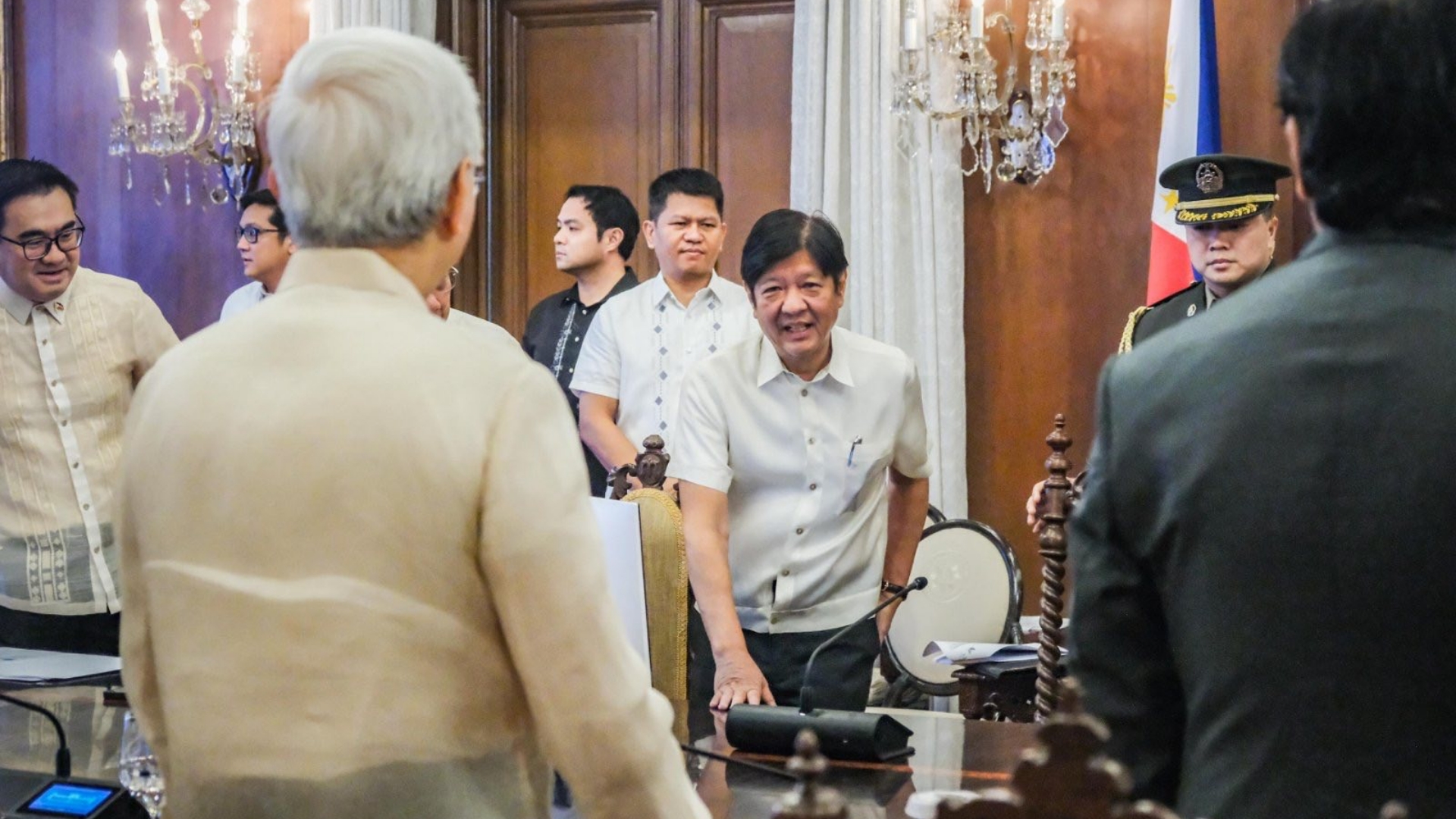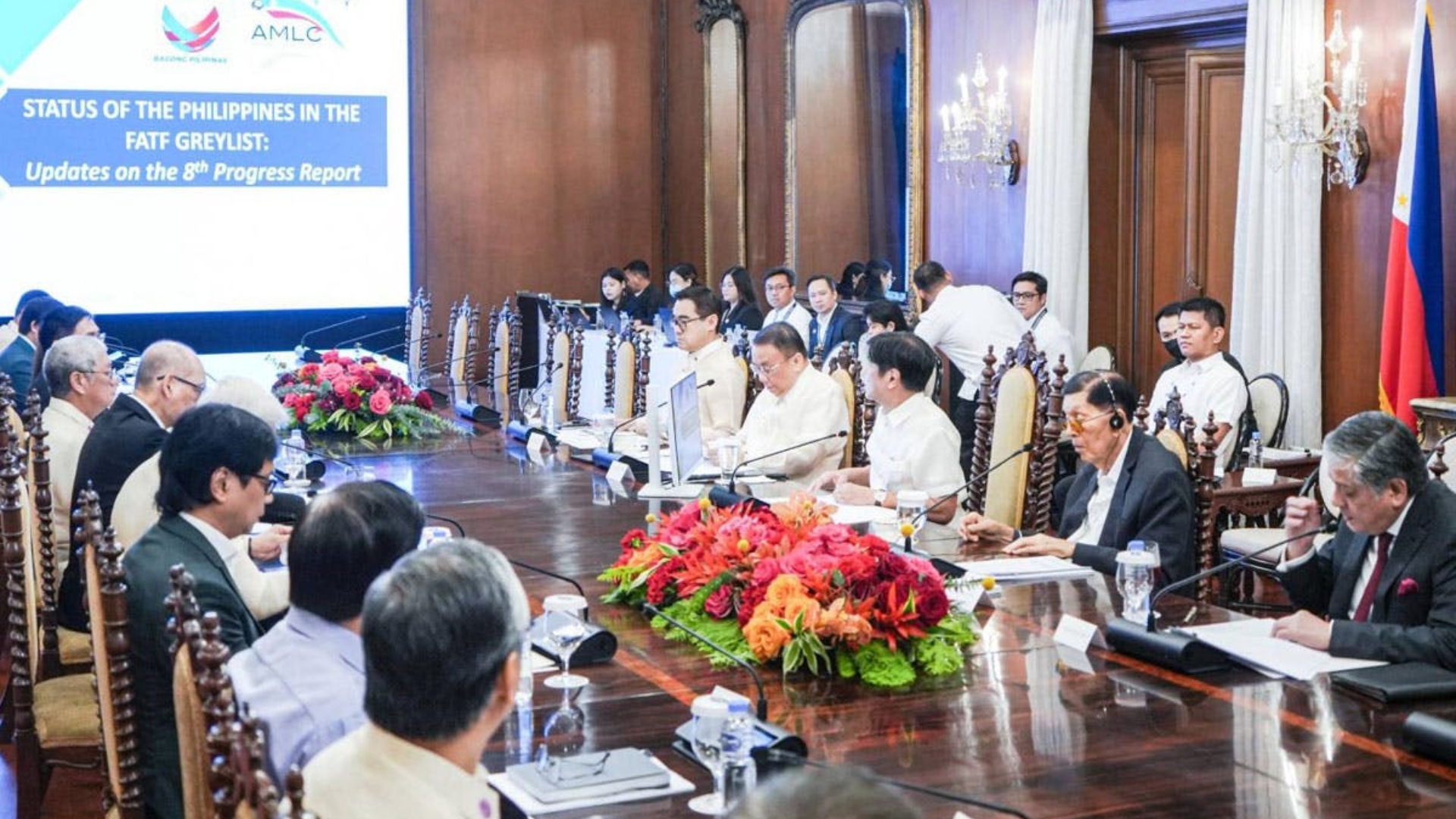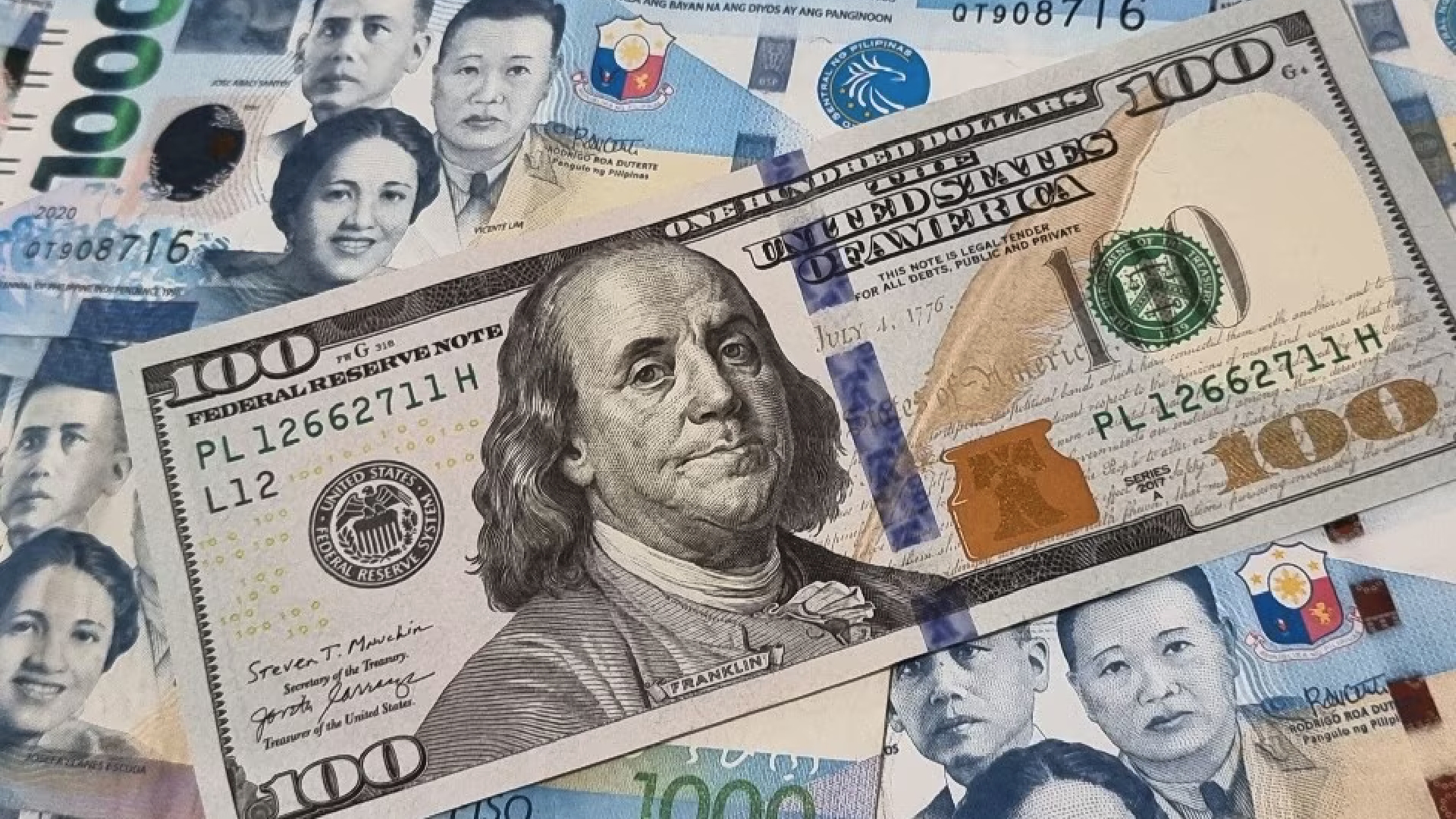Marcos wants the Philippines taken off the FATF's "gray" list.

President Marcos stated yesterday that the nation should remove itself from the Financial Action Task Force's (FATF) global watchdog on dirty money by October of this year. He also directed the Anti-Money Laundering Council (AMLC) and relevant authorities to take the necessary steps to achieve this goal.

“We’ve directed the AMLC to accelerate action plans to combat money laundering and counter terrorist financing, and to file cases against violators,” the President said on Facebook.
“We’re committed to safeguarding our OFWs by making their transactions safer, reducing costs and easing regulatory burdens to support them,” he added.
Because it missed the January 2024 deadline, the Philippines is now on the gray list maintained by the Paris-based Financial Action Task Force. The nation has been notified to take action over the remaining strategic shortcomings that the organization has found. Following the Philippines' failure in a mutual evaluation on money laundering by the Asia Pacific Group,
The Paris-based FATF re-included the country in June 2021. Applying cross-border measures to all major seaports and international airports, demonstrating an increase in money laundering and terrorism financing investigations and prosecutions, controlling risks associated with casino junkets, improving and streamlining access to beneficial ownership information, and effectively supervising non-financial businesses based on risk are the remaining eight action item plans.
By 2024, the Philippines hopes to remedy all of these shortcomings and begin the process of withdrawing from the FATF gray listing.

Because of its strategic shortcomings in combating money laundering, funding of terrorism, and financing of proliferation, the Financial Action Task Force (FATF) may put the Philippines on a blacklist. The nation's placement on the gray list may result in higher expenses, stricter regulations, and the refusal of transactions for Filipinos employed abroad (OFWs).
Given that the World Bank and IMF are looking into the nation's placement on the gray list, reputational risk is another issue. The Anti-Terrorism Act and the Anti-Money Laundering Act modifications demonstrate that the Philippines has already achieved technical compliance.
